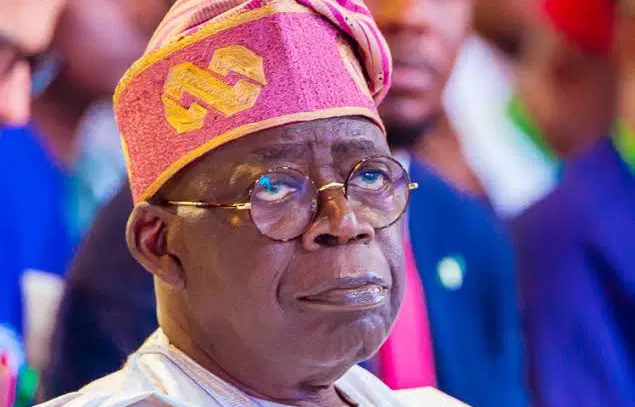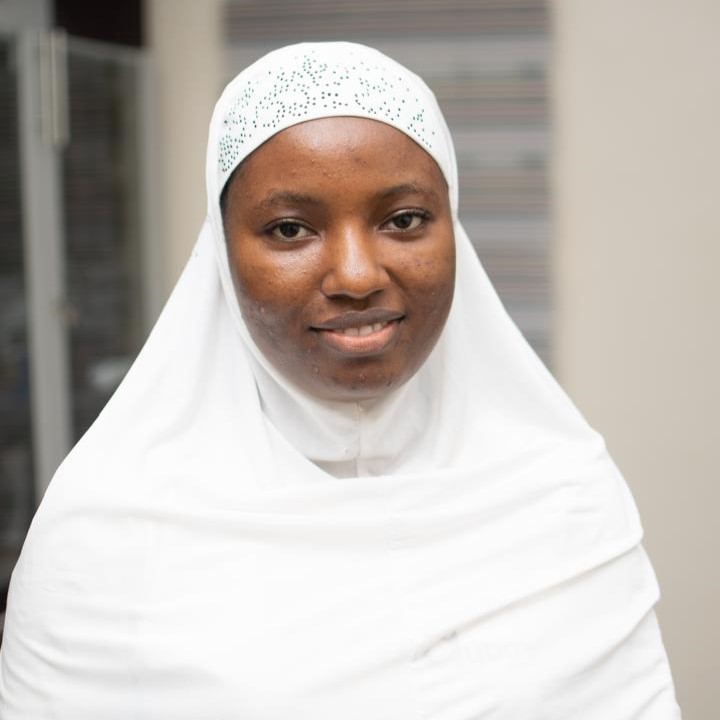Following the World Bank’s projection on the nation’s rising poverty rate, ActionAid Nigeria, a non-governmental organisation (NGO), has criticised the Nigerian government for what it described as ignorance towards the deepening poverty crisis in the country.
The World Bank report classified Nigeria as a resource-rich but fragile state, where poverty is expected to worsen due to structural and institutional weaknesses. The country is home to over 106 million people living on less than $2.15 a day, accounting for nearly 15 per cent of the world’s extremely poor.
According to the World Bank’s April 2025 Africa’s Pulse report, Nigeria’s poverty rate is expected to rise by 3.6 percentage points by 2027.
The NGO expressed deep concern, although it said it was not surprised by the grim projection, stating that the figure is “not just a statistic, but a national shame”.
According to ActionAid, it is “a slap in the face of a country that has every resource to provide a life of dignity for all its people but instead continues to serve the interests of a few”.
It noted that the current trajectory will only fuel further migration, brain drain, instability, and disillusionment, as Nigeria risks becoming the global capital of extreme poverty, despite being Africa’s largest economy.
Governance remains Nigeria’s greatest challenge
Speaking in Abuja, ActionAid Nigeria’s Country Director, Andrew Mamedu, said governance remains Nigeria’s greatest obstacle.
The World Bank highlighted the country’s poor performance on governance indicators such as government effectiveness, accountability, and political stability, which remain among the weakest in Africa.
Also, “Public institutions continue to fail in managing resources and delivering basic services, which is also widening the trust deficit between citizens and government. Institutions like the National Assembly, Judiciary, and others, who are supposed to hold the government accountable and ensure resources are available for the people, are rather making routine approvals and focusing on issues that do not support the populace.”
Luxury over lives
Mr Mamedu explained that as poverty deepens, the federal and state governments, along with lawmakers, continue to prioritise luxury over lives, budgeting billions for new SUVs and office renovations.
He criticised President Bola Tinubu’s administration for avoiding meaningful structural reforms, offering superficial social protection programmes while ignoring the real cries of the people.

He added: “Civic space is shrinking fast, and citizens or activists who dare to speak out are silenced, intimidated, or detained. The burden of survival continues to fall hardest on women, youth, persons with disabilities, and communities in conflict zones.
“So, the World Bank is right to raise the alarm, but Nigerians have been raising it long before now. We’ve marched on the streets, issued policy briefs, held dialogues, and engaged the various government arms, but the government, especially the Presidency and National Assembly, continue to act with impunity.
“Insecurity remains rampant, with banditry, terrorism, and communal clashes across the country, affecting farmers, students, especially girls and entire communities. Let it be clear that the current trajectory will only fuel further migration, brain drain, instability, and disillusionment. Nigeria is at risk of becoming the global capital of extreme poverty, despite being Africa’s largest economy.”
State, local governments also complicit
However, ActionAid stressed that the responsibility for poverty does not lie solely with the Federal Government, but also with state and local authorities.
It noted that meaningful reforms are necessary to ensure that the most vulnerable populations benefit from government policies.
Hold government accountable
According to ActionAid, the deepening poverty in Nigeria remains a direct result of deliberate policy choices, persistent governance failures, and a weak accountability system that has enabled and entrenched corruption at all levels of government.
The organisation called on all Nigerians to rise and hold the government at all levels accountable.
“The time to remain silent has passed,” it said. “While the government may claim economic progress, the reality is that the rich are getting richer, benefiting from policies like those in the banking sector where profits have soared to ₦3.41 trillion while the poor are getting poorer. This is not inclusive growth.”
Recommendations to combat poverty
ActionAid Nigeria has called on the Federal Government to stop playing politics with people’s lives and to fully strengthen and expand social protection by including universal cash transfers and food support for the most vulnerable.
It also urged the government to subsidise and protect smallholder farmers by tackling insecurity and ensuring access to markets, inputs, and tools to boost local food production.
The NGO advised that all non-essential public spending, particularly outrageous allocations to government officials’ lifestyles be scrapped, and those funds redirected to education, healthcare, and job creation.
Stabilising the economy through transparent and people-centred fiscal and monetary policies that protect citizens’ purchasing power was also recommended.
It called for an end to the assault on civic space, urging the government to truly listen to Nigerians and ensure education is safe and accessible for all, particularly in rural and conflict-affected areas.
The government was also encouraged to invest in infrastructure and industries that promote inclusive and sustainable employment.
About ActionAid
ActionAid Nigeria is a national non-governmental, non-partisan, non-religious civil society organisation and an affiliate member of the ActionAid International Federation, which operates in 45 countries.
It works in solidarity with people living in poverty and exclusion to achieve social justice, gender equality, and poverty eradication, towards building a just, equitable, and sustainable world in which every person enjoys the right to a life of dignity, free from poverty and all forms of oppression.


